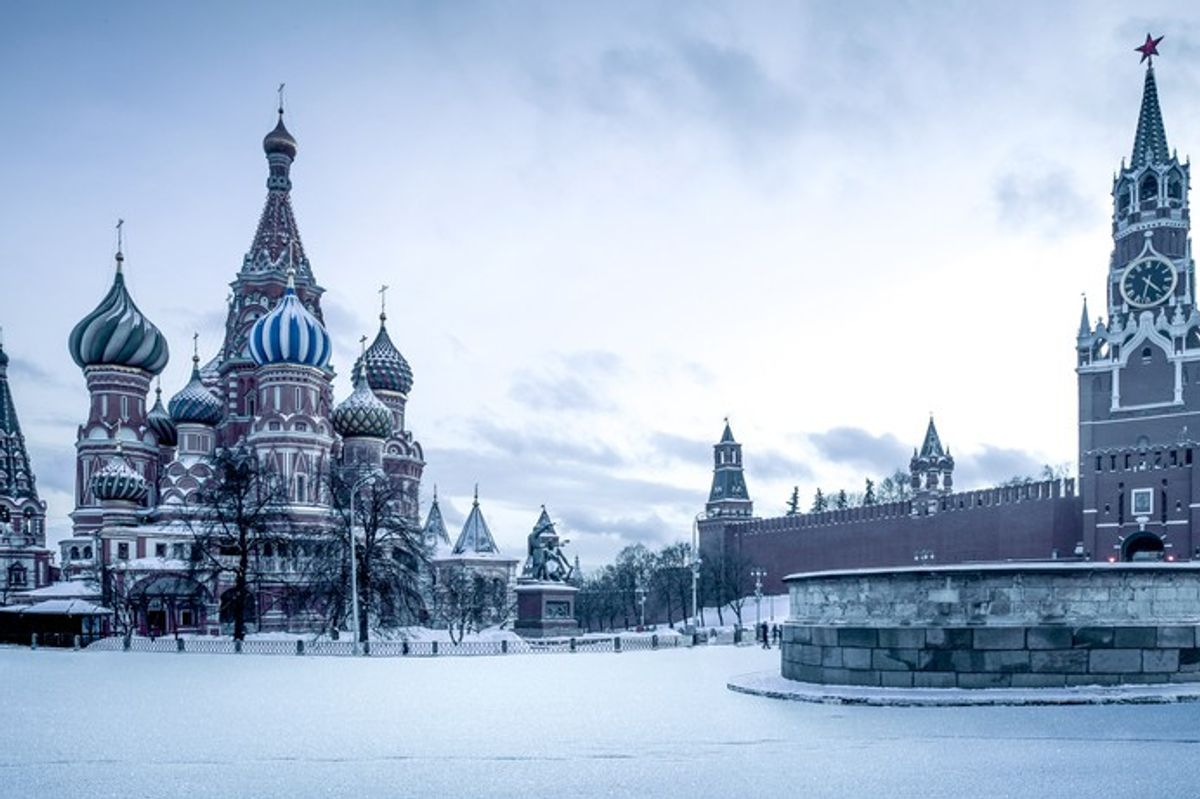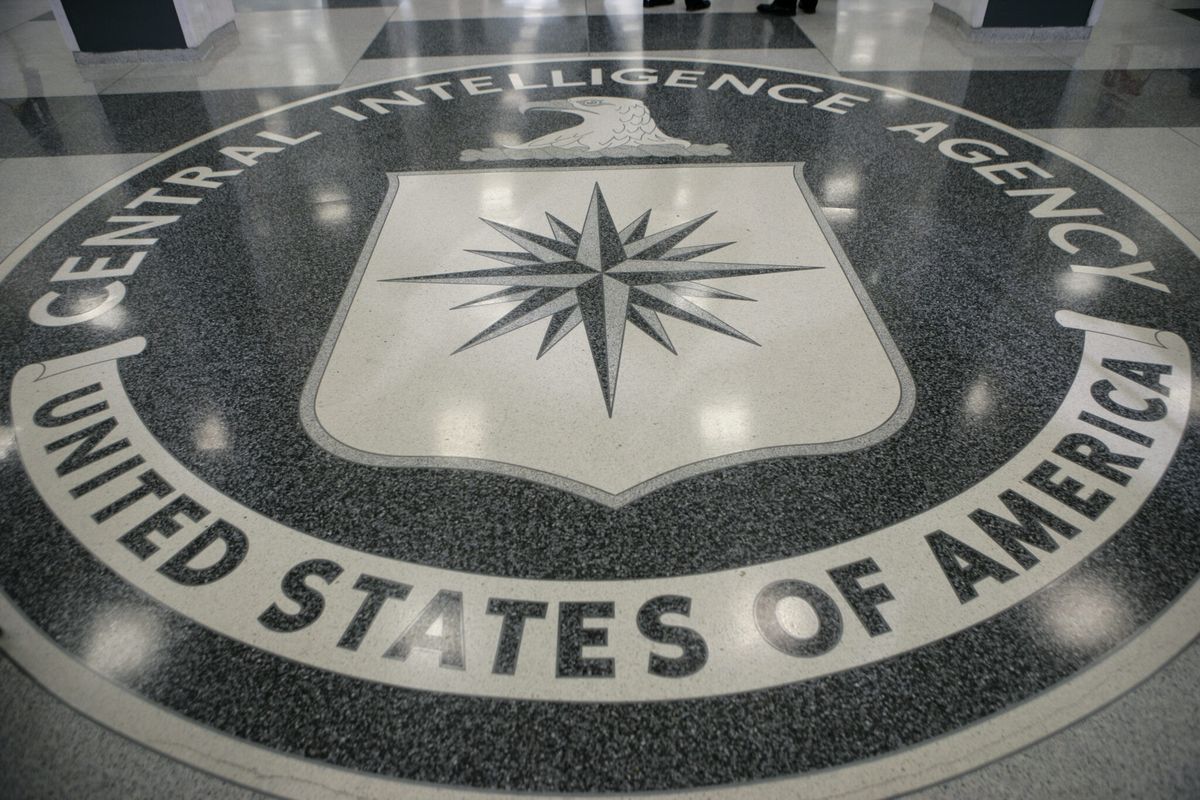The Trump administration’s nominee for CIA inspector general faced tough questions from lawmakers over his handling of whistleblower complaints, and his handling of a classified Senate document on allegations of torture by the agency.
The CIA’s agency’s acting inspector general Christopher Sharpley was grilled about three outstanding whistleblower allegations against him alleged by a nonprofit government oversight group – charges he denied in his Tuesday confirmation hearing.
Senators also questioned him about how the CIA lost and found a copy of the Senate Intelligence Committee’s report on water boarding and “enhanced interrogation methods” used by agency employees, and how once they’d found it, he relinquished the CIA’s only copy to the Republicans on the intelligence committee.
Sen. Ron Wyden, (D-Ore), asked if Sharpley would similarly relinquish a report on Russian meddling into U.S. elections – in effect, burying it.
“Because of the decision you’ve made, it certainly sets the precedent for your office picking and choosing which investigative reports you’re going to keep,” Wyden said in Sharpley’s nomination hearing Tuesday.
The Democratic quizzing of Sharpley highlighted the ongoing conflict between Democrats who worry U.S. intelligence officers will be told to look the other way by a Republican White House that has downplayed the ongoing investigation into Russia’s alleged role in the 2016 presidential elections.
Sharpley revealed CIA officers thought they’d accidentally destroyed all the copies of the controversial 7,000-page report, before discovering a disk version in a safe, which was then turned over to Senate Intelligence chairman Richard Burr, (R-N.C.) The Republicans opposed the original report, which was completed while Democrats controlled the Senate, and Burr had asked federal agencies to return all the copies.
Wyden said he’d oppose Sharpley’s nomination because he’d relinquished the report, but it’s not clear if the senator would block a vote on the nomination once it reaches the senate floor.
Sharpley has served in the inspector general’s office for five years, becoming the CIA’s deputy IG in 2012 and acting IG in 2015 after Buckley retired.
Former senior deputy general counsel of the CIA Robert Eatinger told The Cipher Brief he worked with Sharpley when he was the deputy IG and found him to be “very sharp, not hesitant to call things as he saw them.” Sharpley also understood the inspector general’s role not only to be a watchdog, Eatinger said, but to “help the agency run better” by giving equal attention to both investigations into wrongdoing and to inspections of how the agency was functioning.
The position is nominated by the president and is statutorily independent, and can be removed by the CIA director, but that removal would have to be explained to the intelligence committee. Inspectors general “view themselves as accountable to the oversight committees because they have to be confirmed by the Senate,” Eatinger noted.
Whistleblower Complaints
Sharpley also faced questions from senators about whistleblower complaints alleged by the Project on Government Oversight, and cited by lawmakers in the hearing.
He categorically denied retaliating against any whistleblowers and said he is “unaware of any open investigations” or “details of any complaints” against him.
A CIA spokesperson said the agency could not confirm or comment on any complaints or investigations regarding the nominee, but told The Cipher Brief that Sharpley’s qualifications for the post are “obvious and substantial.”
“Mr. Sharpley has had a sterling 5-year career at CIA and there have never been any findings of wrongdoing or misconduct of any sort by Mr. Sharpley during his tenure here,” the spokesperson said, requesting anonymity in order to discuss personnel matters.
A Bigger Problem
Trump has not yet nominated anyone for the position of Inspector General of the Intelligence Community, who is responsible for conducting audits and reviews across all of it. This position has been vacant since February, and Vice Chairman Mark Warner noted during his opening statement that he is “very concerned by a number of changes occurring there.”
The problems with whistleblower protection goes beyond the complaints about an individual nominee, however. The POGO report cited a February 2017 document from the intelligence community’s inspector general, that found serious problems with the handling of whistleblower retaliation cases.
“The deficiencies in reprisal protections policies, procedures, and standards in the evaluated agencies are causing a failure to provide reprisal protections for individuals making protected disclosures,” the document stated.
“A complainant alleging reprisal for making a protected disclosure has a minimal chance to have a complaint processed and adjudicated in a timely and complete manner,” the document continued, according to Feinstein, who read it aloud.
On this, there was bipartisan agreement that the matter needed more investigation, and Burr said his committee would be requesting its own copy of the document.
Sharpley told the committee he was “unfamiliar” with the document and “not aware of its contents.”
Mackenzie Weinger is a national security reporter at The Cipher Brief. Follow her on Twitter @mweinger.













